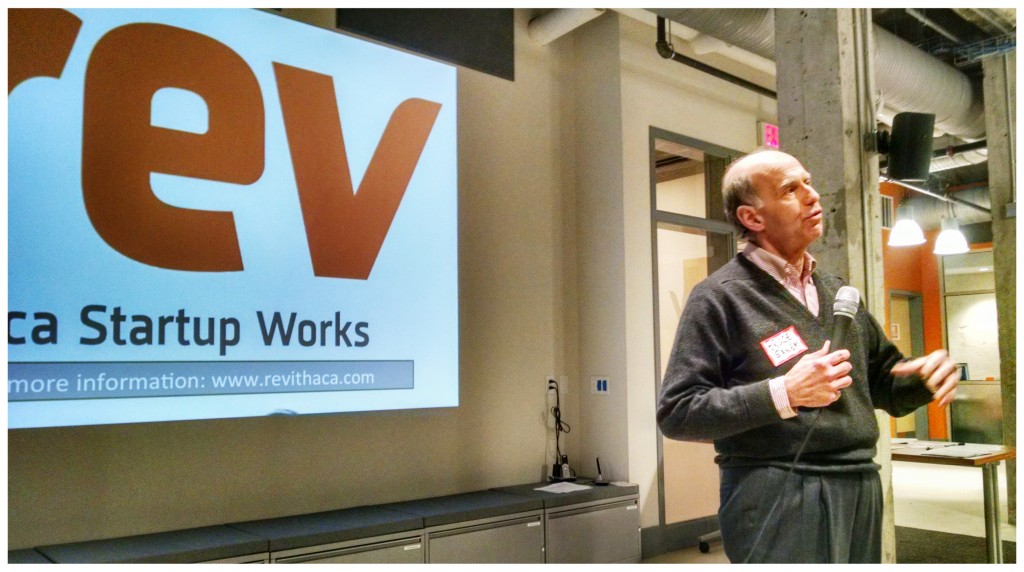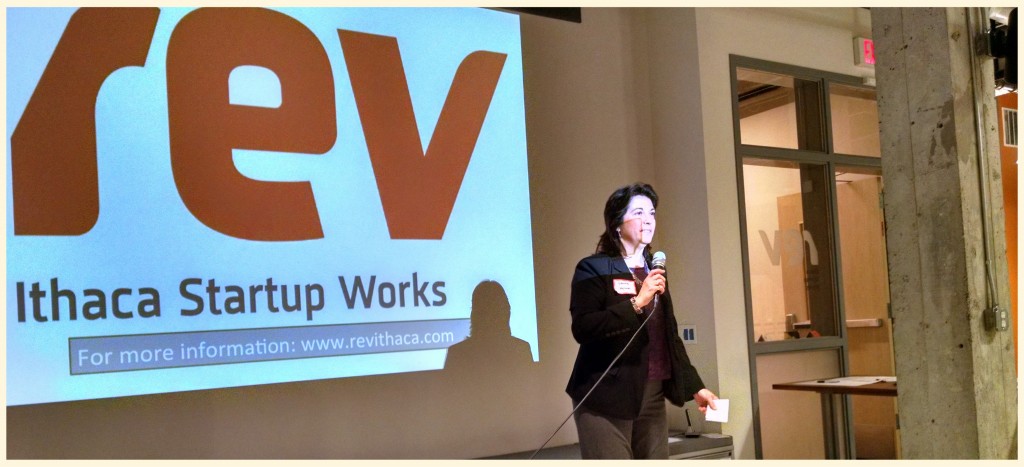
How To Win a Business Plan Competition
We recently held an event at Rev titled “How to Win a Business Plan Competition”. We had a tremendous turnout. The format was to address the business plan competition from three perspectives, with an individual experienced in each area:
- The Organizer – Laura Holmes
- The Presenter – Brad Treat
- The Judge – Bruce Ganem
Here are a couple of the key points, in no particular order:
- Hit the time limit. If you go over the allotted time, you look unprepared. Many events will cut you off.
- Practice like eliminating umm filler words youknow. Toastmasters International has a number of great ways to eliminate filler words.
- Don’t lie. “Prospective Customer” ≠ “Customer”; “Technology works” ≠ “Theoretical models work”
- Practice the questions. When practicing your pitch in front of others, have them ask every single question they can think of. If you’ve heard it once, you’ll be ready for the judges.
- Action > Idea. Judges will regularly favor startups that are “doing” over those with great ideas by no action.
- Be aware of the format. If the rules say “PowerPoint Format”, don’t submit in another format and get mad when it doesn’t work.
- Use multimedia and video at your peril. Depending on the stage computer and projector, these may not work or look good. If you have multimedia, also have a plan B.
- Don’t spill. If you’re serving a food product to the judges, have someone help you. Presenting while also serving food has resulted in disasters of judges wearing the food.
- Dress professionally. T-shirts and jeans may be cool, but it can also make you look flippant, so be careful. If in doubt, follow this guide from Entrepreneur Magazine on How to Dress for a Business Meeting.
- Know your audience. If the funders want economic development, make sure you talk about jobs. If the funders want PR, makes sure you make your pitch sound good for the evening news.
- Show the judges that the prize money will make a difference. If 1st prize is $5,000, show them what you’ll do with $5K to make your business better.
The final piece of advice is this: Have Fun. These events and the judging can be fickle, so you should do them to focus your team and have a great experience. If you don’t win, it doesn’t mean you’re a loser, it means that these events are quirky and can swing based on the whims of the judges. Comparing startup companies is like saying “What’s better, a 50 foot sailboat, or a 50 acre apple orchard?” The answer has everything to do with the perspective of the person making the determination. Therefore, enjoy the process and don’t get too deterred by the result.


